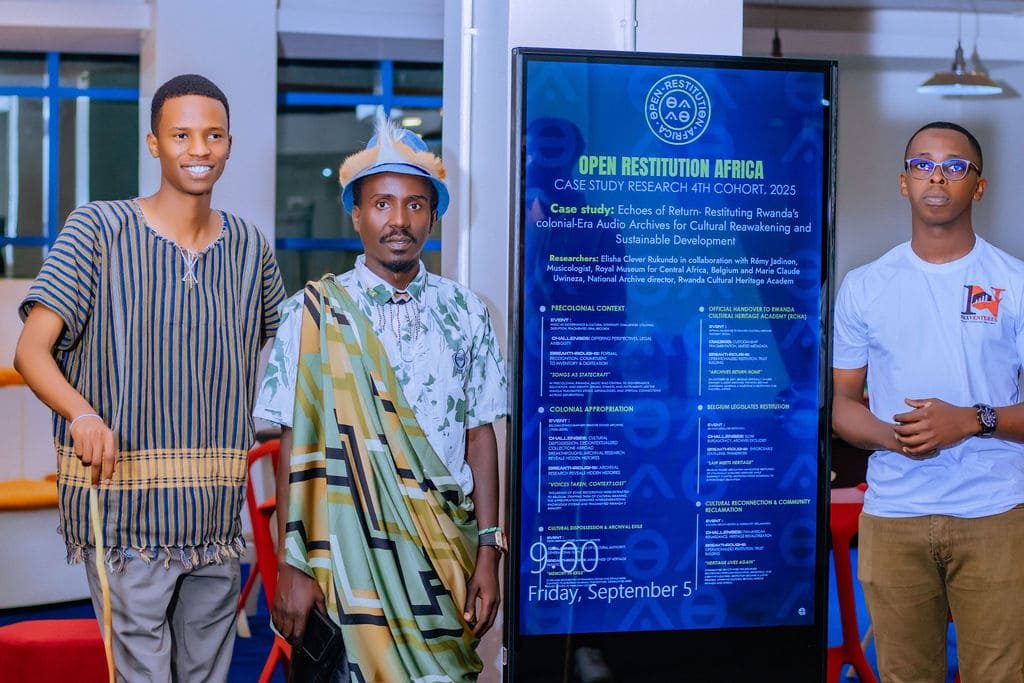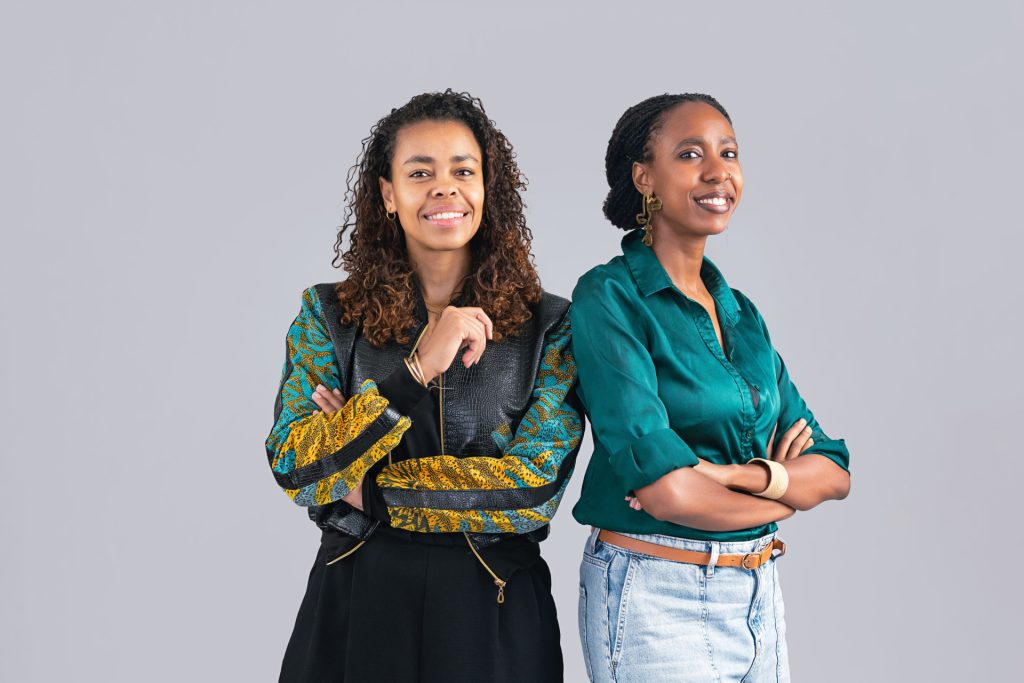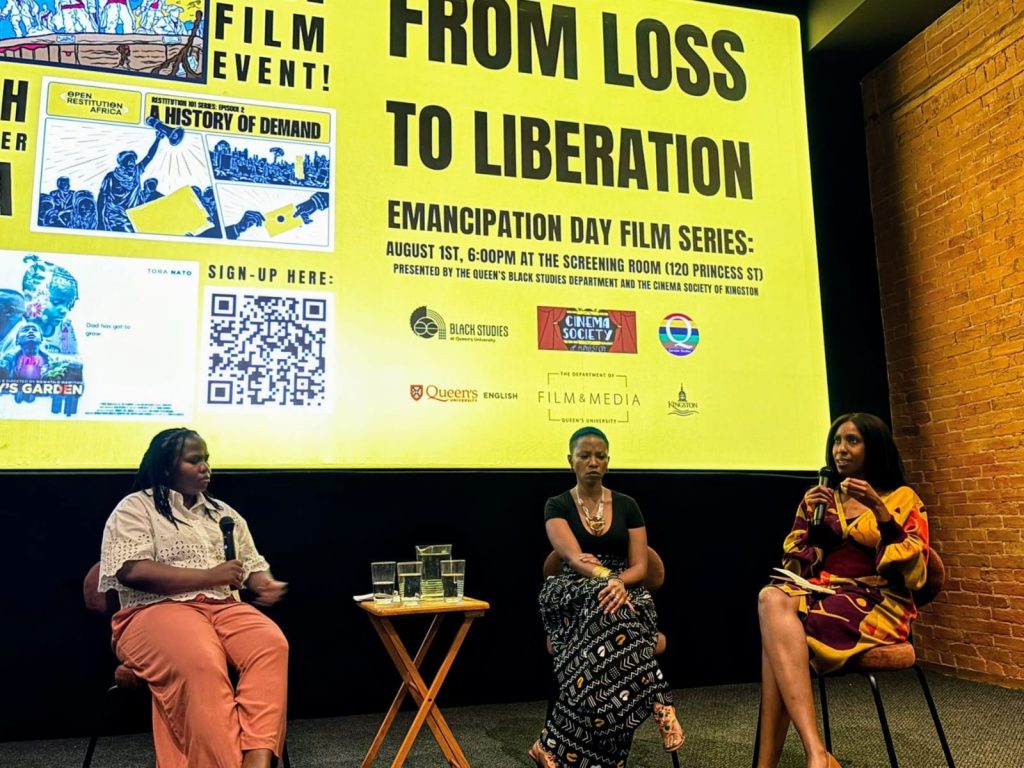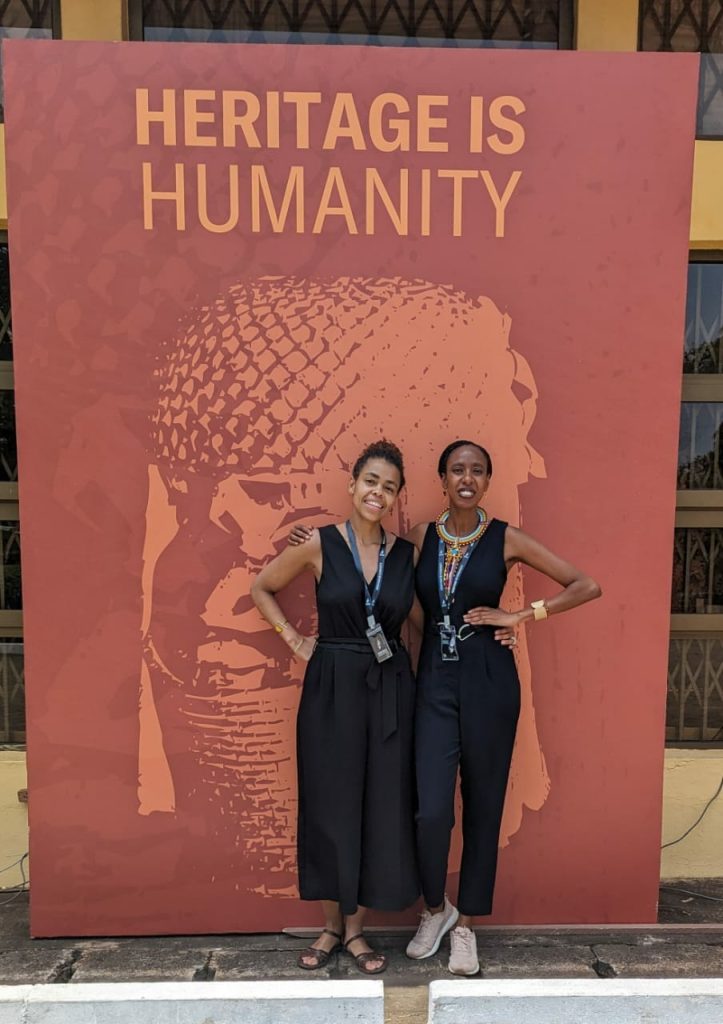Between 19 – 20th March 2025, University of the Western Cape and Open Restitution Africa convened a two-day gathering at the Iyatsiba Lab in Cape Town, bringing together African restitution practitioners, researchers, and activists.
As more countries engage in processes of return, community engagement, and negotiation, restitution policy in Africa is evolving rapidly. This timely gathering focused on the current state of restitution work across the continent, highlighting critical policy needs and the importance of cohesive, African-led approaches.
A central question that informed the need for this gathering was: How can the lived realities of restitution work in Africa inform the activation and design of restitution policies?
By spotlighting country-specific efforts and shared continental challenges, participants engaged with this question through a series of dynamic panel conversations and group sessions. Program sessions included:
Lessons learnt from ongoing and completed restitution processes
- Ciraj Rassool, Goodman Gwasira, Raphael Chikukwa
- Moderator: Suzana Sousa
The relation of the local/community and the national/state in restitution negotiations
- Patrick Muderekeza, Abiti Nelson, Suzana Sousa, Valence Silayo
- Moderator: Chao Tayiana
Issues around national restitution policies and the infrastructures that are required to enact them
- Kiprop Lagat, Mary Mbewe, Robyn Humphreys, Tuuda Haitula
- Moderator: Sophie Schasiepen
South African Restitution and Repatriation policy – status quo, challenges and how to activate it?
- Ciraj Rassool (moderator), Wendy Black, Annelize Kotze, Troy Phili
Ways of collaborating with different stakeholders
- Kodzo Gavua, Phumzile Twala, ‘Mamokuena Makhema
- Moderator: Robyn Humphreys
Workshop on intersections of restitution data, activism and policy making
- Moderated by Chao Tayiana, Molemo Moiloa and Jinty Jackson
Workshop on common goals and the sustainability of networks
- What are our common goals and how can we work towards them?
- How can we establish sustainable networks of exchange and support for each other?
A key theme that emerged was the need to work at the speed of trust acknowledging that effective restitution must be rooted in healing, long-term relationship-building, and community leadership, rather than rushed timelines or externally imposed agendas. Revealing that while the urgency for action is undeniable, so too is the determination to build a future where restitution is led by Africans, for Africans.
Interested in engaging further with developments around African restitution policy, sign up to our mailing list below or get in touch here
Restitution in Practice: From Policy to Activation was co-hosted by Open Restitution Africa and the University of the Western Cape, Department of Historical Studies, as part of the project as part of the project Reconnecting ‘Objects’: Epistemic Plurality and Transformative Practices in and beyond Museums, supported by the Volkswagen Foundation.









